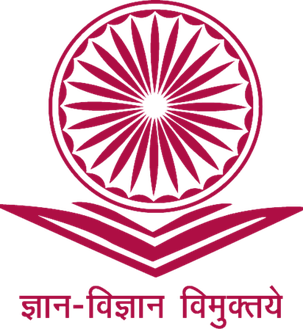EXPLORING THE EFFICACY OF ONLINE LEARNING IN ENHANCING PRACTICAL SKILLS IN SCIENCE FOR SECONDARY SCHOOL STUDENTS
DOI:
https://doi.org/10.8476/sampreshan.v17i2.340Abstract
The rapid transition to online learning has reshaped the landscape of education worldwide, especially in response to global challenges like the COVID-19 pandemic. Science education, traditionally grounded in hands-on, practical experiences, faces unique challenges in an online setting. While online platforms have successfully facilitated the delivery of theoretical knowledge, their ability to support the development of practical science skills is often questioned. This study aims to explore the efficacy of online learning in enhancing practical skills in science education for secondary school students. The research investigates how virtual labs, simulations, and online tools can substitute or complement traditional, in-person laboratory experiences. Through a mixed-method approach, this study analyzes the experiences of 100 secondary school students and 20 teachers across multiple schools who participated in online science education during the academic year. The students were surveyed to gather quantitative data on their perceptions of online science learning, particularly in relation to practical skills. Additionally, in-depth interviews were conducted with both students and teachers to explore qualitative insights regarding the challenges and benefits of online practical science learning. The study also examines the performance of students in virtual science labs compared to physical laboratory settings through pre- and post-test evaluations, focusing on the acquisition of practical skills. This study concludes by emphasizing the need for more advanced and interactive digital tools that can simulate practical science experiences more effectively. It suggests that online learning in science education should be seen as complementary to traditional teaching methods, rather than a replacement. Recommendations include enhancing virtual lab technologies, improving teacher training for online science education, and fostering greater student-teacher interaction in virtual environments. This research aims to contribute to the ongoing discourse on the role of technology in education, particularly in science teaching, and offers insights for educators, policymakers, and educational technologists to optimize online learning environments for science education.



